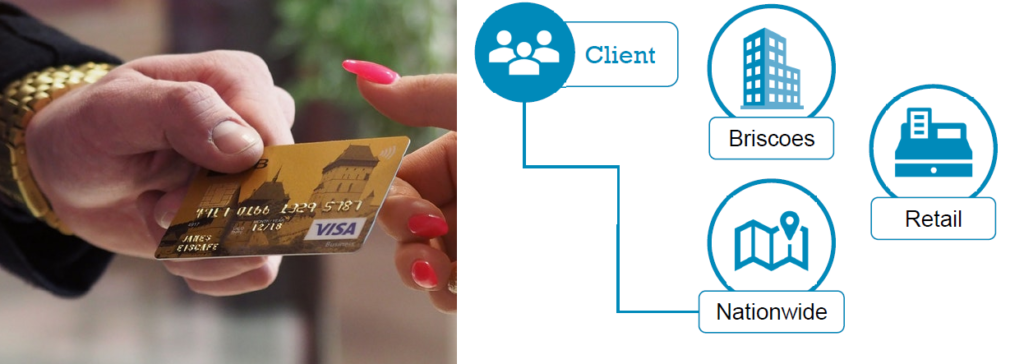While common strategies for employee retention have proven tried and true, there are some clear winners post-Covid that are likely to be front of mind for many employees:
Covid Response
How the organisation has responded to the global health crisis, whether it be provision of PPE for front line staff, or simply ongoing communication of its current impacts on job security, will have had a lasting impact on employees’ perceptions of their employer. This is particularly true if the organisation has undergone a restructure as a result of the pandemic.
It is important to have a solid handle on employees’ perceptions, either positive or negative. If those impressions are positive, employers need to take every effort to highlight their approach with staff; talk about what they are doing to ensure financial stability and emphasise what they’ve done to help leaving employees wherever possible.
If overall impressions of the company are negative, then the focus would shift to identifying ways to build trust. Here are 6 ways that leaders at all levels can build trust in the workplace by aligning actions with words:
- Recognize that building trust takes hard work. It comes from conscious effort to walk the talk, keep promises and align behaviour with company values.
- Be honest and supportive. Understand what employees need to know and communicate facts while being considerate of their effort and sensitive to their feelings.
- Be quiet sometimes. Actively listen and check for understanding.
- Be consistent. Consistently doing what you say you’ll do builds trust over time.
- Model the desired behaviour.
- Build in accountability. Encourage honest dialogue and foster accountability by building in processes that become part of the culture.
Working from Home/Flexible Working
Due to the recent lockdown, many employees were forced to work from home. No matter the immediate forced changes of business practice, one advantage of lockdown is it allowed companies to see the benefits of having flexible workplace policies. Similarly, employees enjoyed work from home trends and benefits that improve their productivity, especially once their children were able to return to school.
Employers have mixed feelings about shifting to more progressive “working from home” policies, based on range of different factors. The most common concerns employers typically have around this approach include:

Regardless, Whether the company wants to embrace telecommuting full time or working in a hybrid schedule, they will be affected by future trends in working remotely.
For employees, working from home brings with it a number of tangible benefits with limited additional cost to their employer. By far the biggest of these is cost savings; not only are they saving time by not having to commute, they are also saving travel fares, parking costs, fuel and mileage, wardrobe etc. Companies can also save by having more employees work from home, in the form of less office space, depreciation of office equipment, use of office materials and general overheads.
Now that many businesses made at least some of their employees work from home makes us wonder whether this will be the new normal even after the pandemic. If we follow the trend, we believe that more workers will demand work from home arrangements in the future. Many feel that this is the tipping point towards the future of work.
Going forward, companies with a clearly articulated “work from home” policy that allows employees to spend at least part of their week working from a location of their choosing is likely to play a considerable role in employee retention. Conversely, companies that doggedly stick to a traditional 9-5 in the office approach are likely to be strategically disadvantaged.
Health and wellbeing benefits
Covid has also forced employers to look again at a range of health and wellness initiatives. For some, this has taken the form of providing greater health insurance benefits to their staff, while others have looked again at their policies around extended sick leave.
Similarly, with a shift to remote working comes a renewed focus on ensuring ongoing connectedness between employees. As a remote worker, staying connected isn’t all about the reliability of WiFi. Post-Covid, as more and more companies encourage people to work from home, they’re quickly finding out that remote work comes with a few challenges. It’s easy for remote employees to feel isolated, and when most of their workforce is spread out, it can be difficult to maintain a strong company culture.
Here’s how some companies have made remote employees feel part of a close-knit team during the pandemic:
- Encourage remote team members to take virtual coffee breaks and even pair them up for randomized video calls
- hold monthly themed “team talks” and encourage employees to make video tours of their workspace at home
- Making video calls more playful to create a shared vibe for all participants. In a similar vein, remind onsite staff that remote employees are on the call, and encouraging remote workers to fully engage in the conversation.
- Online gaming sessions
Conclusion
As companies emerge from the initial survival stage of the current health crisis and HR focus shifts to retention of key talents, the companies that will come out the strongest will be those who both shore up their use of traditional employee retention tools as well as making agile changes to reflect shifting work dynamics under the new normal. High levels of employee engagement through communication tools alongside progressive approaches to health and wellness amongst staff will likely pay dividends sooner rather than later.
How can we help?
At Strategic Pay, our experience in remuneration, rewards and performance management enables us to help even the most complex organisations improve their employee satisfaction levels and increase employee engagement. So, if you would like some expert advice, don’t hesitate to contact us today at info@strategicpay.co.nz or regional contact details can be found here.
